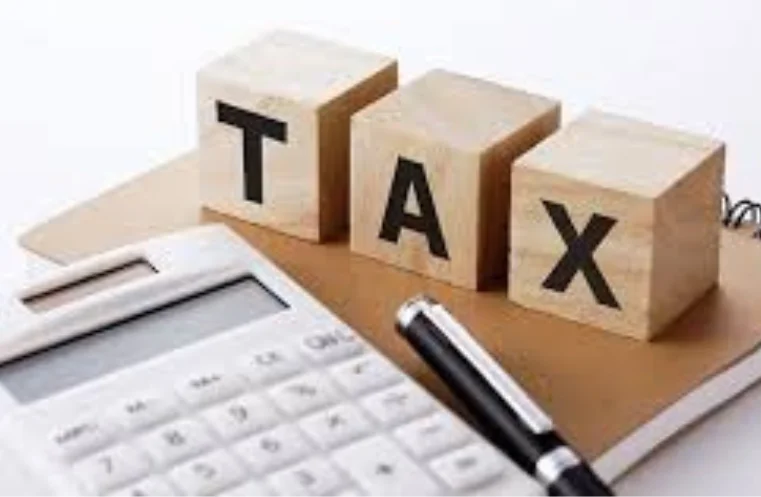Islamabad, Jan 20: The National Assembly Standing Committee on Finance is set to deliberate on the Tax Laws (Amendment) Bill, 2024, during its session on Tuesday. This proposed legislation introduces strict measures aimed at curbing tax evasion by restricting non-filers from engaging in various economic activities.
Key provisions of the bill include barring non-filers from purchasing, booking, or registering vehicles exceeding 800cc, acquiring immovable property, or trading in stocks.
The government will gradually phase out higher withholding tax (WHT) rates for non-filers, completing by the 2025-26 fiscal year.
The proposed law also seeks to tighten controls on financial transactions. Non-filers may face limitations when opening bank accounts or conducting multiple transactions. Nonetheless, their ability to purchase motorcycles, rickshaws, and tractors will remain unaffected.
Read More:
5G Launch Date in Pakistan: All You Need to Know
Financial institutions must freeze accounts of unregistered individuals and block property transfers. Restrictions will lift within two days if the individual registers for sales tax.
The Federal Board of Revenue (FBR) will gain stronger enforcement powers to boost tax compliance.
. These include the authority to publish lists of non-compliant individuals, seize properties, seal business premises, and appoint receivers for business management to recover outstanding dues. Such measures aim to ensure that tax evasion becomes increasingly difficult.
A noteworthy provision in the bill allows the dependents of registered filers, including spouses, parents, and children under 25, to be classified as filers automatically. This move simplifies the process for families of tax-compliant individuals and encourages broader participation in the tax system.
The implementation of the proposed amendments will follow formal notification by the federal government.
Once enacted, these reforms will promote tax compliance, broaden the tax net, and ensure a fairer tax burden distribution.
With these sweeping changes, the government aims to enhance revenue collection while creating a more equitable economic environment. However, the success of these measures will hinge on effective implementation and public cooperation.
